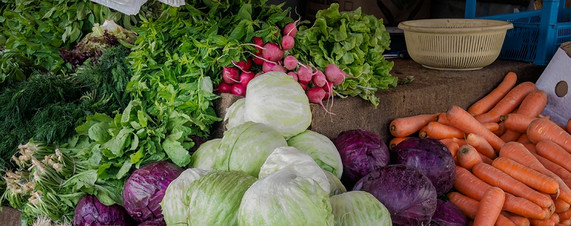
A plastic patch which is sewn onto the tongue and makes it very difficult to eat is the latest in extreme weight-loss methods.
The ‘miracle’ patch, which is secured to the tongue with six stitches, makes consuming solid food so painful that users are forced to resort to a liquid-only diet.
Launched in 2009 by Beverly Hills plastic surgeon Nikolas Chugay, the procedure can apparently help you lose up to 30lbs in one month – but not without uncomfortable side effects.
Dr Chugay’s website warns that patients may experience swelling of the tongue and difficulty with speech after getting the patch.
And according to Time, some patients have trouble sleeping and difficulty moving their tongue at all following the procedure, which has yet to be FDA-approved.
What’s more, the patch can only be worn for a maximum of one month, since after that time, the tongue’s tissue begins to grow back, and the patch can then become incorporated into the tongue.
But during that month, Dr Chugay provides an ‘easy to follow’ liquid diet of 800 calories a day, which ‘fulfills nutritional needs’ and ‘maximizes weight loss results’, according to his website.


